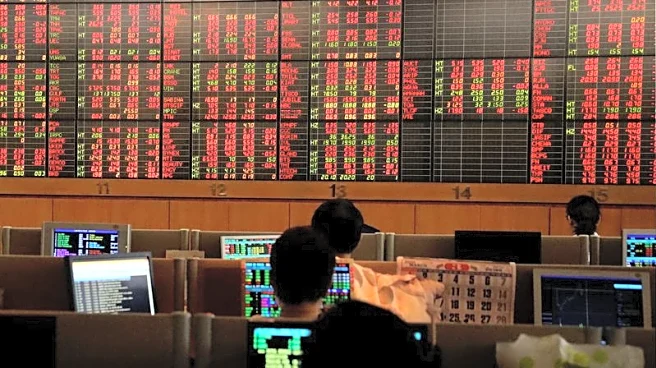Rapid Read • 7 min read
The Group of Seven (G7) is an informal forum comprising seven of the world's advanced economies: Canada, France, Germany, Italy, Japan, the United Kingdom, and the United States. Established in 1975 in response to the 1973 energy crisis, the G7 initially focused on economic and financial cooperation. Over the years, its agenda has expanded to include foreign and security policy, trade, climate, and development. The G7 operates without a formal secretariat, relying on consensus among member states. The presidency rotates annually, allowing each member to set priorities and host the summit. The G7 plays a crucial role in upholding freedom, democracy, and human rights on the international stage.
AD
The G7 is a vital platform for addressing global challenges and coordinating international policy. Its focus on economic stability, security, and development makes it a key player in shaping global governance. The G7's ability to bring together major economies to discuss and act on pressing issues enhances its influence in international affairs. By promoting common values and principles, the G7 contributes to global peace and prosperity. Its role in addressing complex issues like climate change, trade, and security highlights its importance in fostering international cooperation and advancing collective goals.
The G7 will continue to address global challenges through its annual summit and ministerial meetings. The presidency will rotate among member countries, allowing each to set the agenda and host discussions on key issues. The G7 will focus on enhancing economic stability, security, and development, while promoting freedom, democracy, and human rights. As global challenges evolve, the G7 will adapt its priorities and initiatives to address emerging issues and foster international cooperation.
AD
More Stories You Might Enjoy













